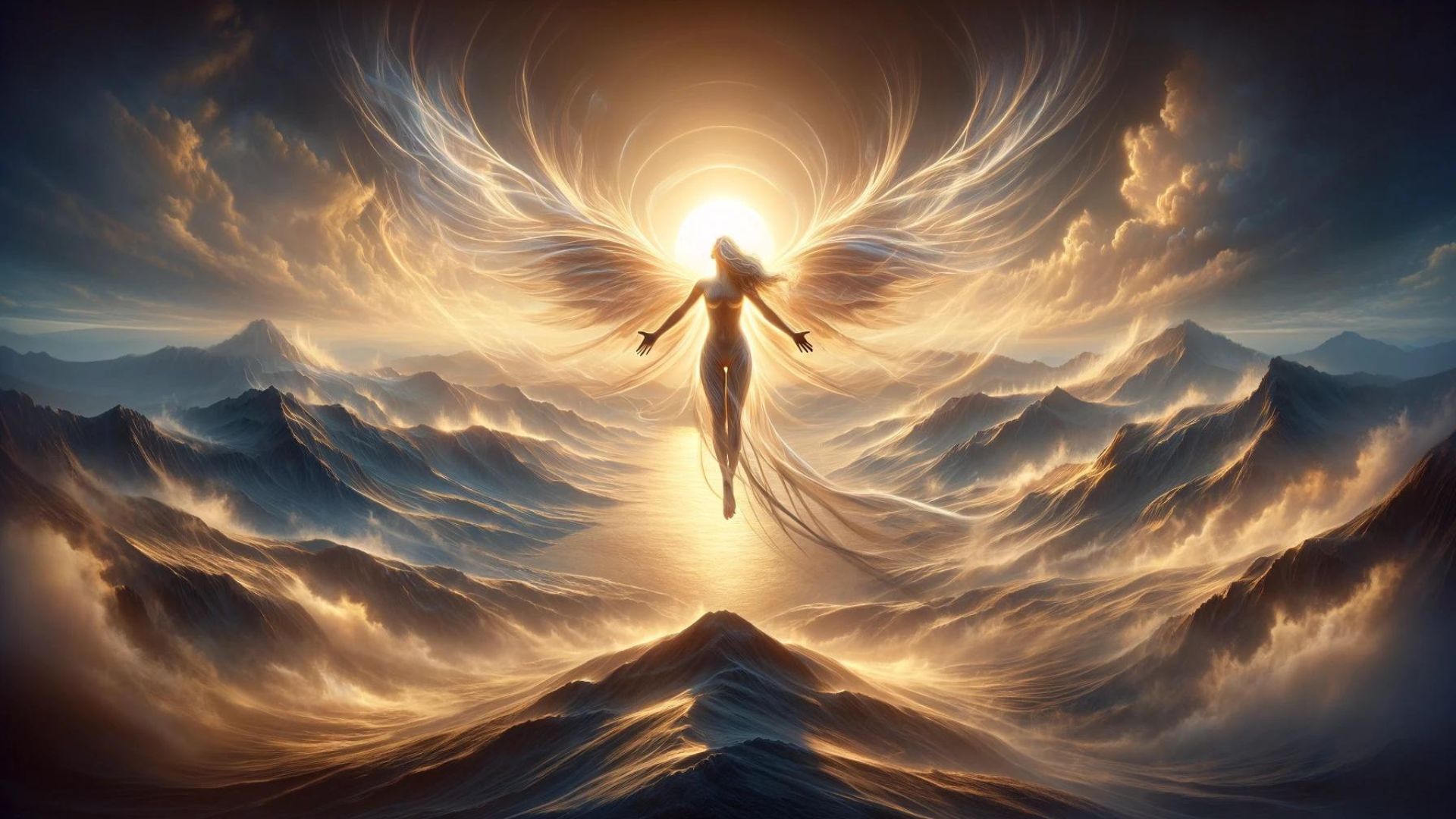And Still, I Rise by Maya Angelou
You may write me down in history
With your bitter, twisted lies,
You may trod me in the very dirt
But still, like dust, I'll rise.
Does my sassiness upset you?
Why are you beset with gloom?
’Cause I walk like I've got oil wells
Pumping in my living room.
Just like moons and like suns,
With the certainty of tides,
Just like hopes springing high,
Still I'll rise.
Did you want to see me broken?
Bowed head and lowered eyes?
Shoulders falling down like teardrops,
Weakened by my soulful cries?
Does my haughtiness offend you?
Don't you take it awful hard
’Cause I laugh like I've got gold mines
Diggin’ in my own backyard.
You may shoot me with your words,
You may cut me with your eyes,
You may kill me with your hatefulness,
But still, like air, I’ll rise.
Does my sexiness upset you?
Does it come as a surprise
That I dance like I've got diamonds
At the meeting of my thighs?
Out of the huts of history’s shame
I rise
Up from a past that’s rooted in pain
I rise
I'm a black ocean, leaping and wide,
Welling and swelling I bear in the tide.
Leaving behind nights of terror and fear
I rise
Into a daybreak that’s wondrously clear
I rise
Bringing the gifts that my ancestors gave,
I am the dream and the hope of the slave.
I rise
I rise
I rise.
Unbreakable Spirit: A Deep Dive into Maya Angelou’s “And Still I Rise”
Maya Angelou’s poem “And Still I Rise” isn’t simply a collection of words; it’s a battle cry, a testament to the indomitable human spirit in the face of oppression, prejudice, and life’s relentless challenges. Within its lines lies a power that has transcended generations, becoming an enduring voice for those who refuse to be silenced.
Themes of Defiance and Resilience
Angelou confronts historical injustice, particularly the legacy of slavery and racism, with an unwavering declaration of self-worth and determination. The repeated refrain “I rise” is not just a statement of survival, but an act of defiance against forces that seek to diminish and control.
The poem weaves vivid imagery and historical references:
- Natural Forces: Angelou draws inspiration from the inevitability of the tide and the sun’s rising, embodying the irrepressible nature of progress.
- “Huts of History’s Shame”: Acknowledging the pain of the past, but refusing to be defined by it.
- “Black Ocean”: Reclaiming power from a historical system built on oppression, embracing collective strength and rising above.
Beyond Personal Triumph
While rooted in Angelou’s own experience as a Black woman, “And Still I Rise” speaks to a universal human struggle. It champions those marginalized by race, gender, or any form of oppression. The poem rejects the role of victim and instead asserts ownership of one’s destiny against all odds.
Enduring Legacy
“And Still I Rise” continues to resonate for a reason. In a world grappling with injustice and division, its message of resilience is a potent reminder that even the most downtrodden possess an inner strength capable of overcoming obstacles and demanding a better future.
Thought-Provoking Questions
- How does Angelou’s use of natural imagery heighten the poem’s emotional power?
- In what ways is “And Still I Rise” both a personal and a universal statement?
- How can this poem serve as a catalyst for positive change in today’s world?
“And Still I Rise” is more than poetry – it’s a call to action, a reminder that within us all lies the unwavering spirit to rise above adversity and shape a more just and equitable world.










0 Comments